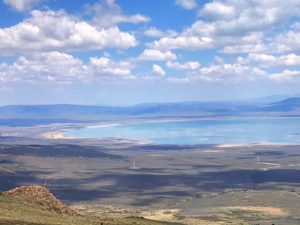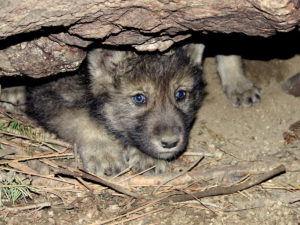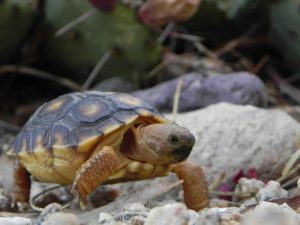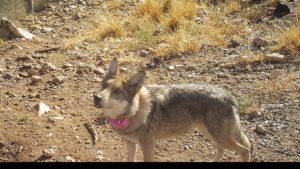
June 5, 2023
Thanks to a lawsuit by Western Watersheds Project, Center for Biological Diversity, and WildEarth Guardians, a federal judge has just voided all permits connected to the Caldwell Canyon phosphate mine in southeastern Idaho, halting mine development operations and sending the Bureau of Land Management back to the drawing board to reconsider its decisions and environmental analysis. The mine, owned by a subsidiary of the Bayer corporation, was slated to produce the phosphate required to produce the herbicide Roundup, and would have been milled at a processing plant in Soda Springs, Idaho plagued by groundwater contamination problems and classified as a federal SuperFund site for its high-profile pollution problems.
This decisive victory, blocking all mining activities, cements an earlier court win in which the same judge ruled that the Bureau’s decision to approve the mine was illegal.
The judge had earlier ruled that the Bureau had failed to apply required sage grouse habitat protections codified in its rangewide sage grouse plan, failed to adequately assess the cumulative impacts of this mine together with others in the region on a failing sage grouse population, and failed to consider the additive effects of phosphate processing on current groundwater contamination problems at the Soda Springs processing plant. This was a key legal precedent because, for the first time, a judge has held that a federal agency cannot adopt more-lax state sage grouse lek classifications in order to waive habitat protections, and also must quantify the cumulative effects of industrial uses on a struggling sage grouse population, instead of merely providing a laundry list of projects that might be expected to impact the birds without disclosing the total overall impact.
This major victory was helped along by expert lawyering from Advocates for the West, Smith and Lowney, and from the Center for Biological Diversity.
The decision to halt activities pending a new analysis and decision represents one of the strongest rulings against a strip mine we’ve ever seen, and is a big win for sage grouse as well as for all of the species and ecosystems harmed by the chemical poison Roundup, an herbicide that has been linked to cancer in humans and to widespread ecological damage to plant communities and the wildlife that depend on them.
Western Watersheds Project has been one of the leading organizations fighting for the sage grouse habitat protections needed to turn around long-term population declines, and we hope you’ll join us in celebrating this momentous win!
Photo: USGS






